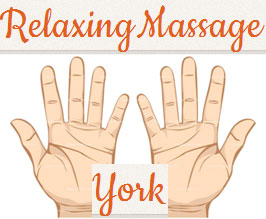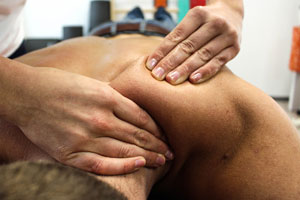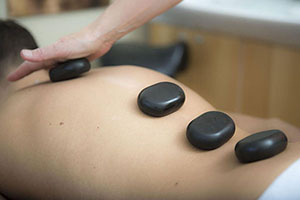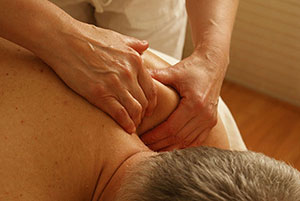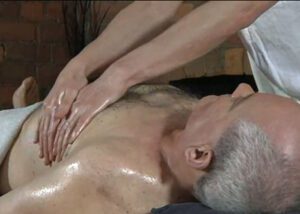Gratitude Can Help Make Your Relationships Better
 All relationships have ups and downs. If you both express gratitude, it will help you both. Simple things, like doing the washing up, can be taken for granted. Take note of what the other person does, show appreciation and it will keep your relationship in better place.
All relationships have ups and downs. If you both express gratitude, it will help you both. Simple things, like doing the washing up, can be taken for granted. Take note of what the other person does, show appreciation and it will keep your relationship in better place.
There are many types of relationship. Work, family, friends and lovers are just a few major examples. Within each of these type of relationship offering and receiving gratitude is very important. It makes for more mutual respect and commitment for a better longer lasting relationship.
So lets look at what gratitude is to start with. It is simply being thankful to someone else. Gratitude is showing appreciation to someone, for something they have done for you or given you, by returning their kindness with an act of thanks.
Genuinely Showing How Important the Other Person is to You is Good
 Being grateful to someone you are in a relationship with will remind you and them of how important the other person is. It tells them how much you do actually appreciate them. This sharing of what is basically an emotion with another can increase your delight, enjoyment and the feeling of fulfilment you get from the relationship.
Being grateful to someone you are in a relationship with will remind you and them of how important the other person is. It tells them how much you do actually appreciate them. This sharing of what is basically an emotion with another can increase your delight, enjoyment and the feeling of fulfilment you get from the relationship.
However, make sure when you show you are grateful it is genuine. People in a close relationship can often tell how honest an expression of emotion is. There is no point in faking it as it will do no good for either of you.
Research Evidence Says Giving and Getting Makes Relationships Better
Research by Gordon A et al (2012) tells us that couples who receive more gratitude and appreciation offer the same back to the other partner. This suggests that each partner will be more satisfied in their relationships and the relationship will be easier to maintain. If you are having any issues this seems to be an easy method of ironing out some of the creases. If it is this simple then everyone should be doing it, if they want to stay in a happy long term relationship. In summary when one partner is grateful to the other, the other feel appreciated, returns the favour and so this potentially never ending, pleasing cycle goes on.
Algoe S et al (2010) studied gratitude and developed a new measure of appreciation in relationships. They found the more people feel appreciated by spouses or lovers the more they too are appreciative. These grateful, appreciative couples also were found to be more caring about the needs of their partners’. In fact their commitment to each other was increased and thus they were more likely to remain in this happy relationship. This shows gratitude is really important for a good, mutually respectful, caring and committed relationship.
Starting The Positive Cycle of Mutual Gratitude for Mutual Benefit
It seems fairly obvious but, I will say this anyway. One of you must instigate this cycle of appreciation. Since it is you that is reading it, it will probably be you that starts it up. So, think about the timing. Put your genuine show of gratitude in at the best possible moment. It may not be immediately reciprocated. However, with sharing this wonderful emotion comes an spirit of unselfishly, kind generosity. It will come back to you in some form. It also makes you feel rather warm inside.
Giving Will be Appreciated
Offer someone a surprise of something you know for sure they really desire. Be generous and thank them for being who they are unprompted. Try not to go overboard in the first instance but, make sure they know you like what they do for you. You will get some kindness or even just a smile back in turn. This is a good start and research tell us it will continue!
References:
Gordon A et al (2012) To have and to hold: Gratitude promotes relationship maintenance in intimate bonds [Online] Available at http://psycnet.apa.org/record/2012-13667-001 (Accessed 09/10/2018)
Algoe S et al (2010) It’s the little things: Everyday gratitude as a booster shot for romantic relationships [Online] Available at https://onlinelibrary.wiley.com/doi/abs/10.1111/j.1475-6811.2010.01273.x (Accessed 09/10/2018)
